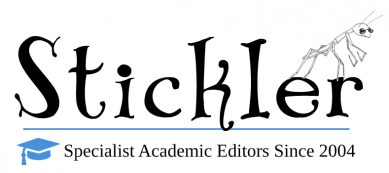Graduate school can be a great opportunity to further your education and pursue your passions, but the admissions process can be intimidating. There are many factors that go into a successful application, and it can be difficult to know where to start. In this article, we will discuss some tips and strategies for navigating the graduate school admissions process and increasing your chances of being accepted.
Do your research
First, it is important to carefully research and choose the right graduate program for you. Look for programs that align with your academic and career goals, and consider factors such as location, cost, and program reputation. It can also be helpful to speak with current students or alumni to get a sense of what the program, teaching staff, and institution are like.
Check you qualify
Once you have identified a few programs that interest you, make sure you meet the admissions requirements. This includes having a strong academic background, with acceptable grades and test scores. Many programs also require letters of recommendation, so start thinking early on in the process about who you will ask. Additionally, a personal statement or writing sample might be required; these will probably go through several drafts, plus a proofreading stage, so it is important to start working on these materials as soon as possible.
Get organized
This will be a lengthy process, with many moving parts, so it’s vital to be organized. For example, consider creating a calendar or timeline to keep track of deadlines and to-do items, along with a checklist of each stage, its components and required materials. It can also be helpful to keep all of your application materials in one place, so you can easily access them when needed.
Complete your application—carefully
When filling out your application, pay attention to the details. Make sure to complete all necessary forms and include all required materials, such as transcripts and test scores, and don’t include anything that hasn’t been expressly requested. A checklist can again be helpful here to ensure you haven’t overlooked anything. It is also a good idea to have someone proofread your entire application to catch any mistakes or typos.
In addition to your application materials, the admissions committee will consider your extracurricular activities and work experience. Be sure to highlight any relevant experiences, such as internships or volunteer work, and consider how they have prepared you for graduate school.
Prep for the interview
Another important factor in the admissions process is the interview. This can be a nerve-wracking experience, but it is also an opportunity to show the admissions committee who you are and why you are a strong candidate. Be prepared to talk about your academic and professional goals, as well as your relevant experience and personal interests. It’s also a good idea to create a list of questions to ask the interviewer, since this shows that you are engaged and interested in the program.
For more information on the topic, check out the following websites:
https://hireacane.miami.edu/options/grad-programs/index.html
https://www.gradschools.com/
https://www.princetonreview.com/grad-school-advice





